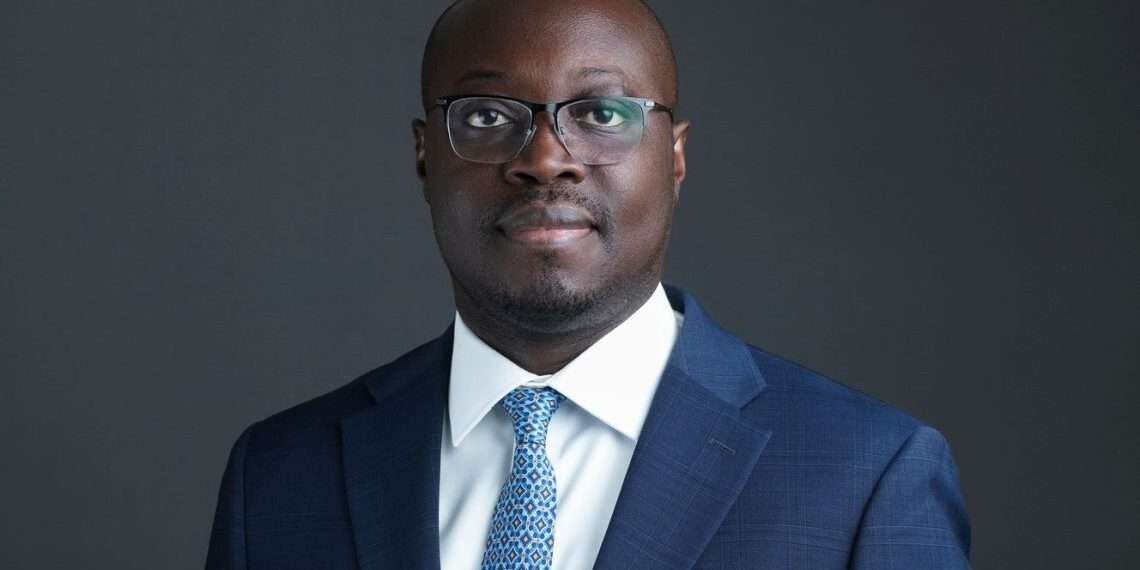Ghana’s Finance Ministry has reaffirmed that the government is making significant strides in its debt restructuring engagements with all remaining creditors, signaling steady progress towards restoring macroeconomic stability and sustainable debt levels.
In a recent official statement, the Ministry highlighted Ghana’s unwavering commitment to transparency, fairness, and collaboration as it navigates complex negotiations under the G20 Common Framework for Debt Treatments.
The announcement follows months of structured discussions with bilateral and commercial creditors after Ghana’s suspension of external debt servicing in December 2022 due to severe economic pressures. The Finance Ministry reiterated that the government remains fully engaged with its international partners and appreciates their patience, cooperation, and continued support throughout this process.
“The Government of Ghana continues to make good progress in the discussions with all remaining creditors in the debt restructuring perimeter.”
Finance Ministry
Maintaining Fairness and Compliance
The Ministry emphasized that no creditor has been given preferential treatment during the ongoing restructuring process. This principle aligns with Ghana’s obligations under the G20 Common Framework and upholds the doctrine of “Comparability of Treatment,” which ensures that all creditors—bilateral, multilateral, and commercial—are treated equitably.
“In line with Ghana’s commitments to the official creditors under the G20 Common Framework, no creditor has been treated preferentially. This is consistent with the principle of Comparability of Treatment.”
Finance Ministry
This assurance is particularly critical for maintaining trust and alignment among Ghana’s various creditor groups, including members of the Paris Club, China, bondholders, and other commercial lenders.
The government also revealed that it has remained in arrears with all external creditors included in the debt restructuring perimeter. This approach, as outlined in the Memorandum of Understanding (MoU) with official creditors, serves as a strategic measure to preserve neutrality while negotiations are ongoing.
“We have strictly applied the provisions in the Memorandum of Understanding with our official creditors, and in particular, have continued to remain in arrears with all external creditors included in the debt restructuring perimeter.”
Finance Ministry
This signals Ghana’s adherence to the restructuring protocols and its desire to avoid any actions that could potentially violate the principle of equal treatment among creditors.
Building on Recent Gains
Ghana’s progress in debt restructuring comes on the heels of several positive economic developments. The country recently secured the second tranche of its $3 billion Extended Credit Facility (ECF) from the International Monetary Fund (IMF), following the successful completion of the first review of the program. The IMF praised Ghana’s efforts in implementing key fiscal and structural reforms aimed at restoring economic stability and controlling inflation.
The debt restructuring process is a crucial component of Ghana’s broader economic recovery program, which includes domestic revenue mobilization, expenditure rationalization, and social protection reforms. Successfully reaching agreements with external creditors will further improve Ghana’s debt sustainability outlook, enhance investor confidence, and open access to new external financing channels.
The Finance Ministry extended appreciation to the international community for its continued engagement and support, particularly during such a challenging time for emerging economies. The government acknowledged that the cooperation of official and private creditors remains instrumental in reaching a comprehensive and lasting resolution.
As the global financial system adjusts to heightened economic uncertainties, Ghana’s approach—marked by transparency, cooperation, and compliance with global frameworks—may serve as a model for other developing countries facing similar debt sustainability challenges.
READ ALSO: IMANI: Ghana’s Green Businesses Are Being Held Back



















